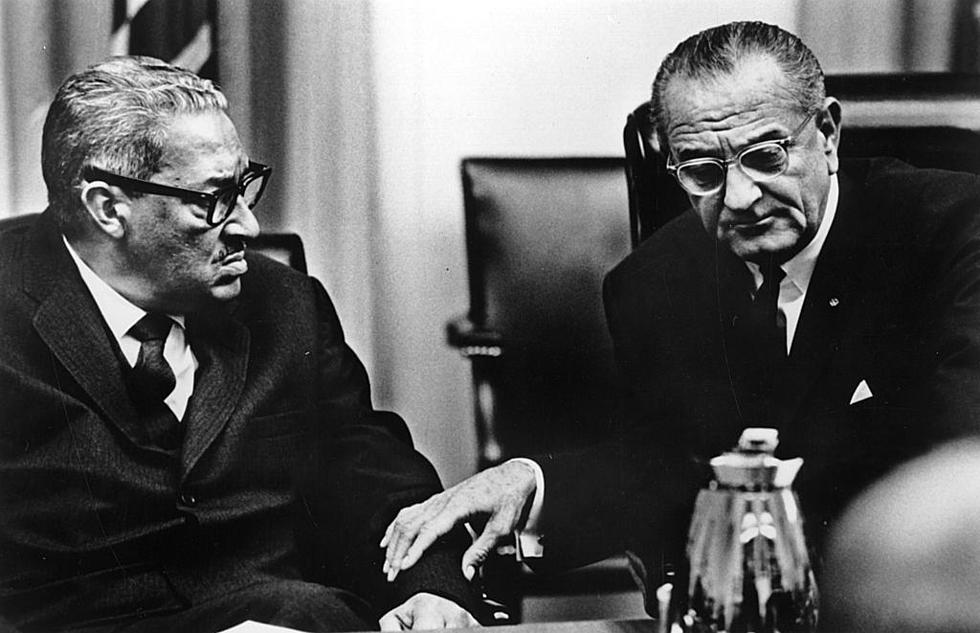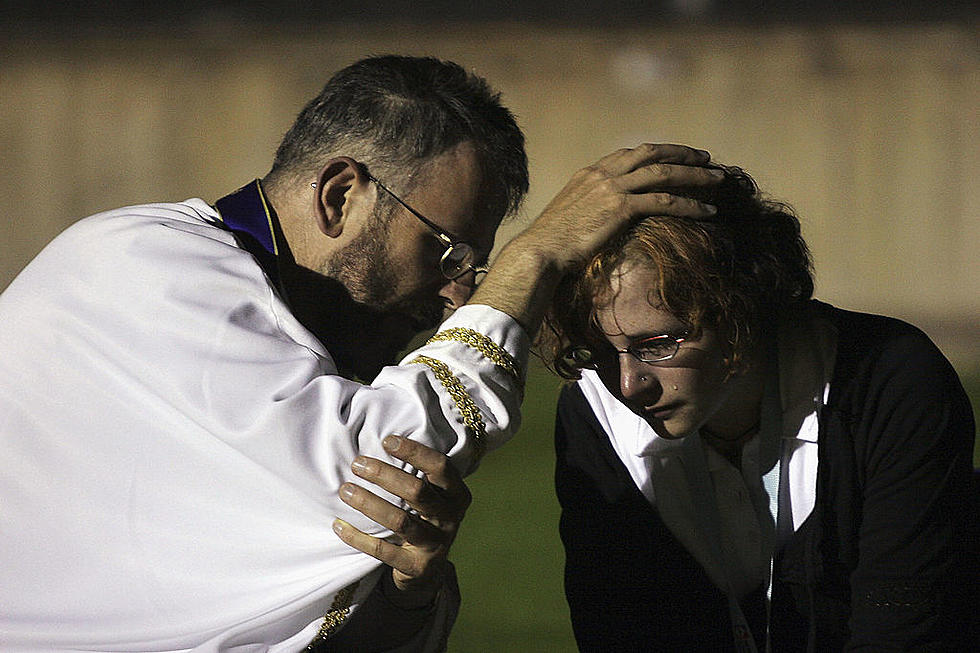
July 2 – Important Date In Racial Progress In America!
Coincidence or not ? You decide. But this day in history, July 2nd, just two days short of America's 4th of July Birthday celebration, is an important date in the lives of a number of the people and events we've been talking about recently on the KIT Morning News.
Speaking first of Birthdays, Supreme Court Justice Thurgood Marshall, the first African-American appointed to the nation's highest court, was born on this day in 1908.
As a long-time civil rights litigator for the NAACP, Marshall had won most of the cases he argued in front of the Supreme Court in that capacity. "Arguably his biggest win was the case of Brown v. Board of Education (1954), one of the true landmark decisions in the Court’s history, which invalidated the concept of segregation at public schools under the Fourteenth Amendment. “This Court should make it clear that that is not what our Constitution stands for,” Marshall argued successfully."
13 months after Evers death, President Lyndon Johnson signed the Civil Rights Act into law on July 2, 1964.
The History Channel explains the the final legislative push for progress, " The House approved the bill with bipartisan support by a vote of 290-130....The bill then moved to the U.S. Senate, where southern and border state Democrats staged a 75-day filibuster—among the longest in U.S. history. On one occasion, West Virginia Senator Robert Byrd, a former Ku Klux Klan member, spoke for over 14 consecutive hours.....Having broken the filibuster, the Senate voted 73-27 in favor of the bill, and Johnson signed it into law on July 2, 1964. The Democrat President allegedly said “It is an important gain, but I think we just delivered the South to the Republican Party for a long time to come"
LOOK: 50 essential civil rights speeches
More From News Talk KIT









